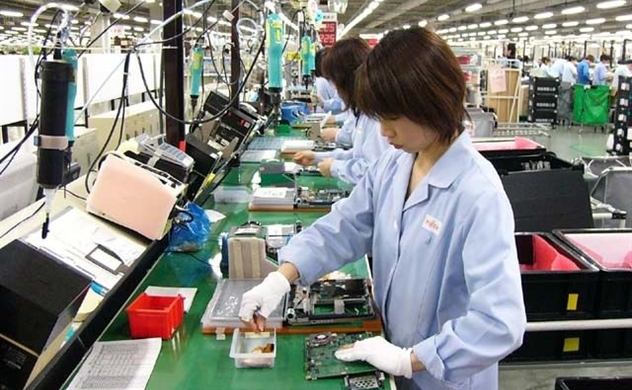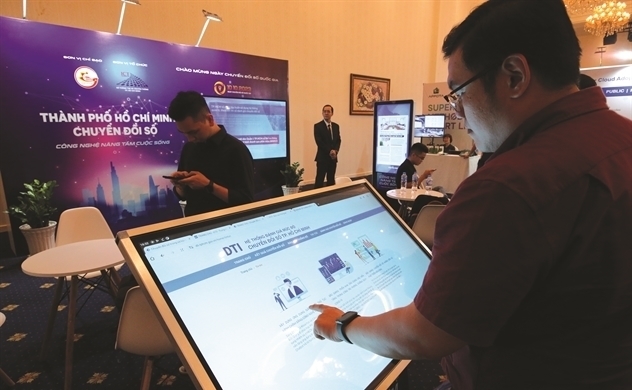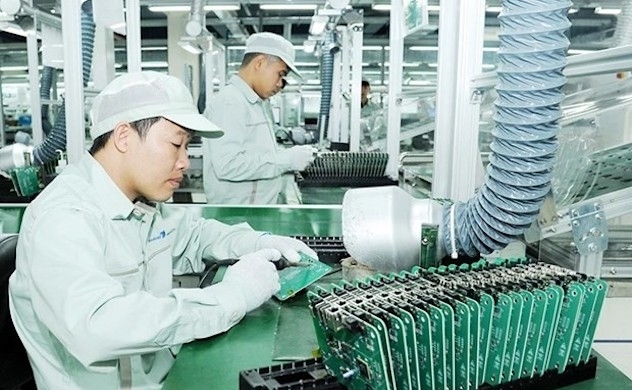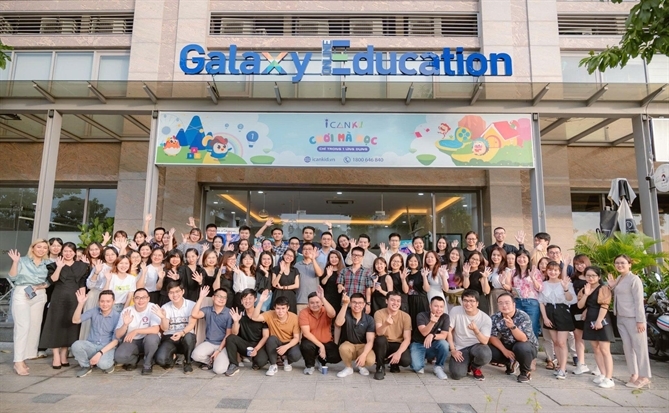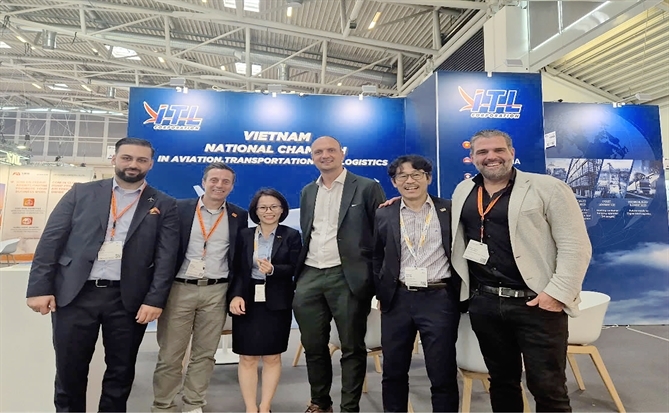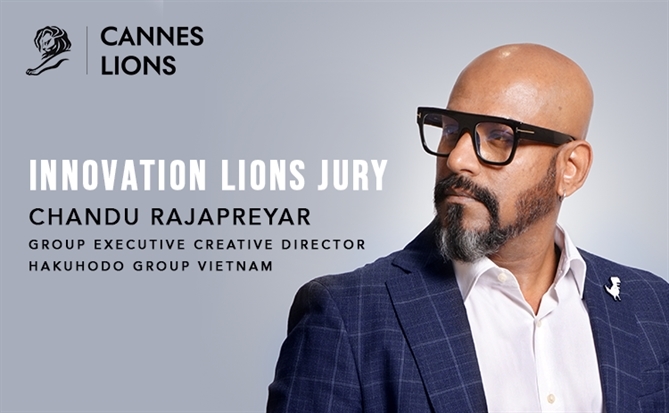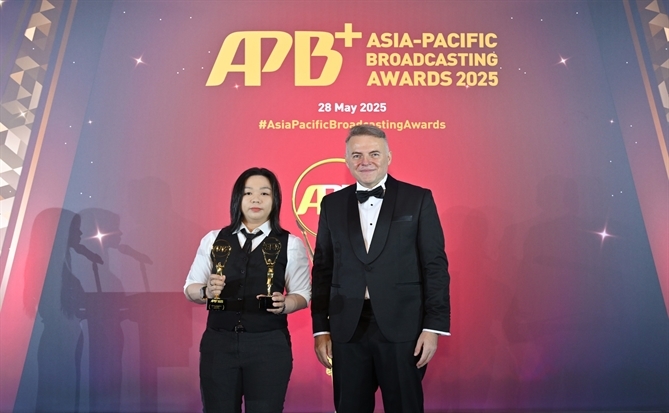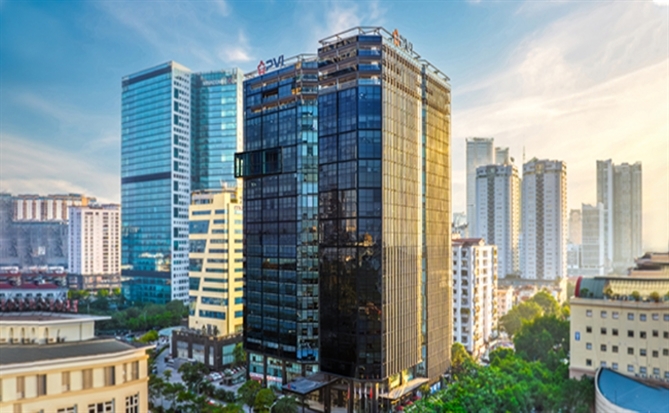Tech investors shift capital flows into Vietnam’s EdTech and healthtech
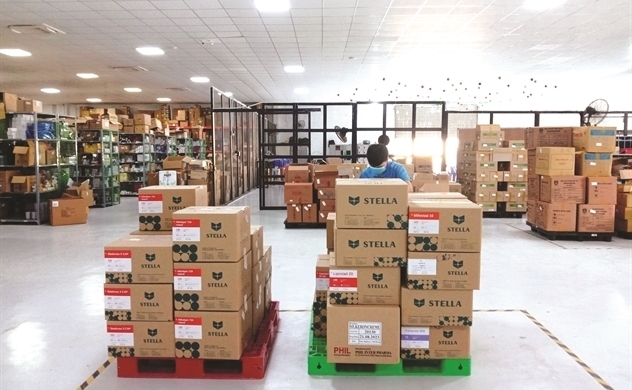
Gimo is an EWA model in Vietnam calling for capital in the first 6 months of 2023. Photo: TL
Unlike the first 5 months of 2022, when capital flows into technology companies in Vietnam are quite diverse from fintech, e-commerce, games, proptech... This year, capital flows are favoring EdTech and healthtech firms, accounting for nearly half of the total 12 fundraising deals announced in the media.
Education and healthcare take the throne
Teky, the latest education startup offering STEAM classes, has announced a $5 million funding round, increasing the total amount raised to $10 million after 7 years of operation. Teky raised financing not long after another educational unit, MindX, reported the successful raising of $15 million, increasing the total raised capital to roughly $18 million since its establishment in 2015.
Previously, in April 2023, Dai Truong Phat (accounting for 30% of Vietnam's English textbook market) raised $8 million in exchange for a 35% stake from the Japanese educational group Gakken Holdings. At the same time, Prep (specializing in providing online courses and test solutions such as IELTS, TOEIC...) raised $1 million in a seed round.
The pharmaceutical wholesale distribution company Buymed, with over $50 million in revenue, is the brightest star. Prior to that, another medical firm, Medigo, disclosed a $2 million funding round. With $47 million, Buymed momentarily surpassed F88 as the highest fundraiser in the first half of 2023. Fintech companies have also lost this position for the first time since 2021. "EdTech and healthtech are gaining attention because of their positive social impact," an investment fund director told the review.
In reality, both of these industries have appeared in the capital raising rankings in Vietnam during the last three years, with the amount raised ranking among the top three. The scarcity of low-cost capital has highlighted both of them. compared to the banking business since demand in the Vietnamese market is constantly high.
Underground signals
Fintech may lose its position as a capital magnet in the near future as the models that were projected to generate a spike in investor interest are severely impacted by the global economic crisis.
After e-wallets, Earned Wave Access (EWA) and purchasing now pay later (BNPL) have become popular. Due to bad debt, many governments are managing BNPL. The new law would regulate BNPL services as consumer credit products, the Australian Government announced recently. Singaporean enterprises who breach regulations will be removed from the BNPL register and lose trustworthiness.
Similar to EWA, but not yet under examination like BNPL and seen by many worldwide firms as an employee benefit program, the line between good and evil is too thin. Some analysts warn that early access to salaries could make some customers excessively dependent on EWAs and incur too much debt. EWAs can create a debt cycle, especially for low-income users.
Gimo is an EWA model in Vietnam to raise capital in the first 6 months of 2023. Companies like Gimo may not have easy access to capital this year. BNPL may also have the same result, especially as the Vietnamese Government recently reorganized the operation of consumer lending companies and the sandbox for such fintechs in Vietnam remains unclear.
One industry that is attracting attention today is artificial intelligence after the trend of ChatGPT. According to Mr. David Do, General Director of VIG Fund, AI companies established for 2-3 years or more with certain products will have more opportunities to receive investment. In the newly opened group, no product will have less opportunity. In general, the application of AI in B2B industries such as sales staff support, and English learning support will have many advantages in the coming time.
Another trend is to invest in deep tech, hardware, and environmental solutions. Ms. Ngo Thuy Ngoc Tu, Director of Touchstone Partners Foundation, said that the Fund has now partnered with Block71 program (Becamex) to support deep tech and hardware founders.
In 2021, Touchstone Partners invests $1 million in Selex Motors, a startup that develops and manufactures electric motorcycles for transportation and smart battery-swapping systems. Selex has raised $5 million and is working with Viettel Post, Lazada Logistics, and Baemin to electrify the delivery fleet and set up battery exchange stations across the country.
“We also reach out to university partners and research institutions in Vietnam, Singapore, and Japan to develop a deep tech ecosystem. The goal is to commercialize research and development projects from universities and laboratories and introduce students and graduate students to career paths with deep tech startups,” said Tu.
Meanwhile, health and education can continue to be magnets to attract investment flows. Because according to Ms. Hoang Thi Kim Dung, Country Director of Genesia Ventures Vietnam, essential industries in life such as food and beverage, health care, and education may be less affected compared to other industries, total mobilized capital has reduced but not too strong. Opportunities still come to startups with good products and cash flow in this group.
In contrast, non-essential industries such as tourism, entertainment, fashion, investment, payment, finance... or industries that need a lot of capital at the beginning to invest in facilities and attract users... will be more difficult.
“In the current context, investors will look for startups that can generate cash flow without depending on external capital flows. This trend may last until the end of next year,” Dung said.
Same category news
-
Huyền Hoàng

 TIẾNG VIỆT
TIẾNG VIỆT 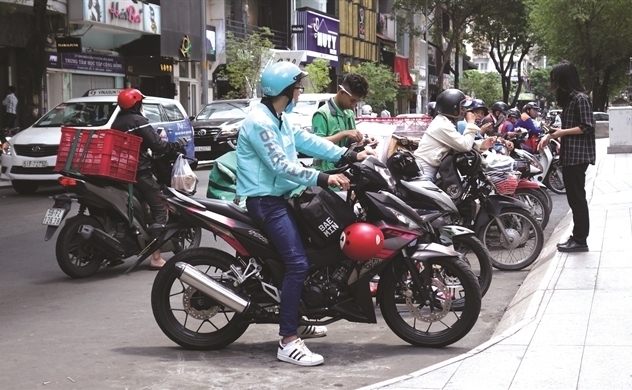
_1120686.png)

